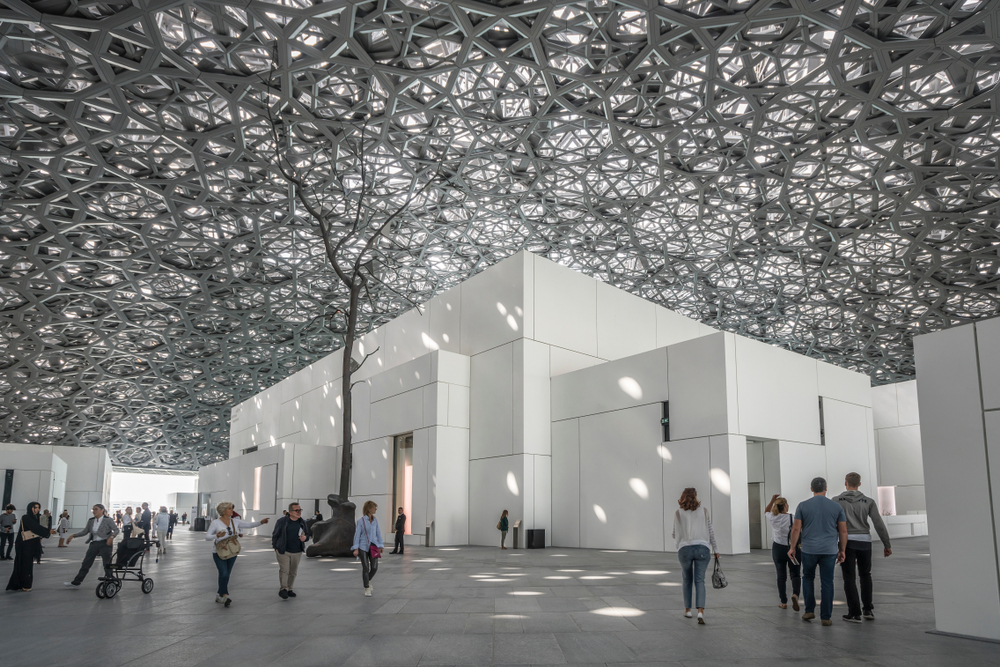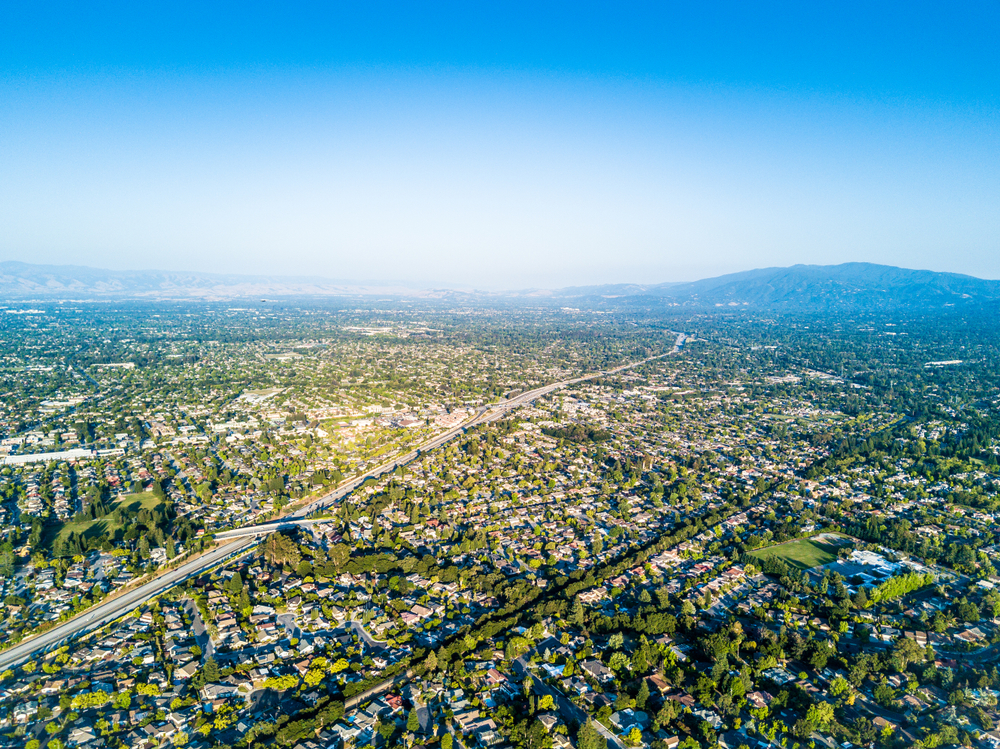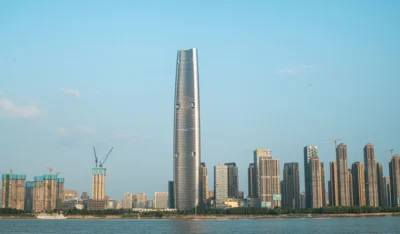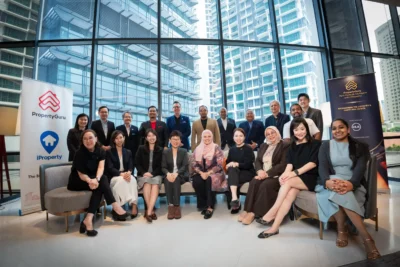Cleantech titan shares smart ways to reduce energy consumption
Smart ways of reducing energy consumption are prized commodities in these eco-conscious times. That’s why Hasan Basri Tosun, CEO of award-winning cleantech firm Sensgreen, is winning friends in influential places
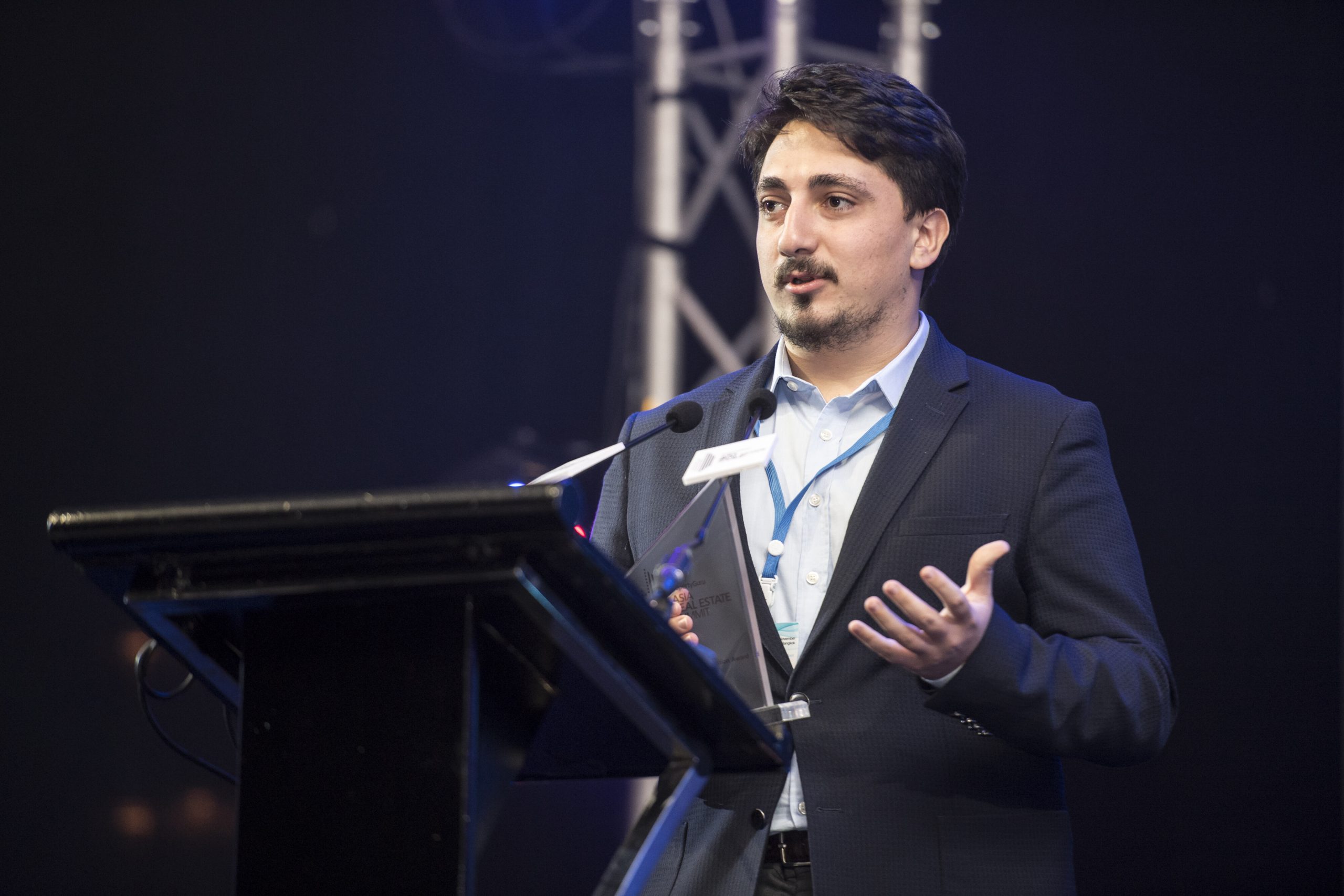
As the coronavirus pandemic ran riot March through April, people throughout the world braced themselves for harsh new challenges. But for 26-year-old Hasan Basri Tosun, the unprecedented global rush towards quarantine and self-isolation added fresh impetus to his work in creating healthier indoor spaces.
“The commercial real-estate industry will permanently change once the pandemic is over,” forecasts the clean-energy warrior and CEO of Sensgreen in early April. “On top of that, urban life will never be the same. Many will move from cities to rural areas after seeing that cities designed and built 100 years ago are not capable of solving 2020’s problems. I expect a major transformation in today’s urban life.”
Powerful words, but with these coming from Hasan, an award-winning entrepreneur at the vanguard of green technology, one senses these are likely to be self-fulfilling prophesies. Coming from Turkey, a transcontinental country straddling Europe and Asia, and having researched renewable energy in Cologne and Berlin, the industrial engineer is better-positioned than most to understand not only the urgent importance of energy efficiency, but the optimum methods for achieving it.
Hasan co-founded Sensgreen in 2017 with the aim of creating more sustainable cities by reducing energy consumption in buildings. Hasan and his team develop artificial intelligence (AI)-based tools that optimise the operation of HVAC (heating, ventilation and air-conditioning) units through sensors, algorithms, data-driven control units, and mobile apps. The company believes in the correlation between the efficient use of healthy air in buildings and the behaviour and performance of their occupants.
Last year, in recognition of his efforts, Hasan was a finalist at the Global Student Entrepreneur Awards (GSEA), a competition staged by the Entrepreneurs’ Organisation (EO). “GSEA supported me with mentorship, recognition, and connections to take their businesses to the next level of success,” shares Hasan. “It always feels special to be part of global networks that support the community for life. I am also part of the Techstars family [an American seed accelerator], which made me a better entrepreneur, a better human being.”
Here, Hasan talks about his background, what led him to realise his vision, and his thoughts on the future of his industry.
Growing up in Turkey, were there any particular environmental factors there that made you pursue a career in green energy?
Environmental factors definitely played an important role in my career choices. In my hometown, solar water heating systems were quite popular for heating up the water. On the other side, we were still depending on coke to heat up the house in winter as there were no other options available. I observed how clean and fresh the air was in the summer versus how polluted it was during cold winter days. I spent a lot of time questioning how we can come up with better, cleaner solutions.
Is your work an unusual path to pursue in your home country?
Starting a tech company is not a common career choice in Turkey. In most cases, it is challenging to find early adopters and investors in your products and technology so it takes longer than usual to validate and scale a business. This has changed over the last few years, as many incentives and regulations have been introduced to support early-stage startups. Starting a technology company now is becoming more socially acceptable compared to the last decade.
I believe that being an entrepreneur, one takes the risk to bring more impact in a short period of time. More than 90 percent of startups fail in the first two years. We are still a work in progress. Therefore it is not easy to compare the possible recognition. However, I can clearly see that being a cleantech entrepreneur in this decade is a better decision for our planet since we need to take the risk to save our planet—fast.
Your work is largely focused on reducing the consumption of energy in buildings. Can you tell us what kind of tools you are developing for offices and real estate? And are most of these systems powered by AI?
We develop sensor-powered data analytics solutions to make our built environment healthier and more efficient. Our focus is to enable existing HVAC systems to operate more efficiently to improve overall health and wellbeing in the facility. To do this, multiple layers of data need to be collected and processed in the right way to make the most of the limited data points.
Considering high number of sensors and data points require a large amount of investment, most facilities cannot afford such applications. So it is important to do the most with the fewest possible number of data points. AI enables us to process multiple data sets to provide the most accurate and dynamic decisions with the least possible investment. The better you learn the building, the better event identifications you can make for the next cycle.
On the other hand, in order to utilise advanced analytics, the infrastructure needs to be sufficient to transform the model outputs into actions. Unfortunately, 80 percent of the facilities do not have the infrastructure to make the use of AI feasible. Therefore, most of our applications are in the form of actionable intelligence in the simplest form possible.
Sensgreen has set up bases in the cities of Abu Dhabi, Ankara, and Singapore. What was the attraction of these cities as places to carry out your business?
I believe we based our offices in optimal places to cover the Middle East, Europe, and Southeast Asia. Ankara is a great city to start a technology company. It offers access to talent and research partners so that you can create world-class products with world-class teams. Abu Dhabi is one of the best cities to run a clean-energy business. The UAE government sets ambitious goals towards zero-energy buildings and offers competitive incentives for clean-energy technologies. Singapore is a great hub for our Southeast Asia expansion, and an attractive location for cleantech startups in terms of government support and access to capital, as well as talent.
Our mission is to help the built environment to become healthier and more sustainable. We have the vision to help build the next generation of smart and sustainable cities
Can you tell us about your involvement with Google and Mercedes-Benz—two of your supporters?
Google and the Turkish Entrepreneurship Foundation organised a great program called Android Academy. This was the first tailor-made entrepreneurship program we were involved in. Our idea-phase project has been supported by Google with a fully funded two-week visit to Silicon Valley, which was truly life-changing.
Similarly, Mercedes-Benz Turkey hosts an annual startup program with a special focus on sustainability. They support startups with equity-free capital and access to the market. Thanks to Mercedes-Benz, we had access to pre-seed capital and a network of smart-city experts over Turkey and Germany.
How would you describe the long-term goals of your work with Sensgreen?
We want Sensgreen to play an important role in this transition to the urban life of tomorrow. Our mission is to help the built environment to become healthier and more sustainable. We have the vision to help build the next generation of smart and sustainable cities.
This article originally appeared in Issue No. 160 of PropertyGuru Property Report Magazine
Recommended
6 developments driving Asia’s green real estate shift
Developers are being incentivised to push a green agenda into daring new realms
The Philippines’ LIMA Estate drives sustainable industrial growth
LIMA Estate models a citywide vision that uplifts workers while appealing to climate-conscious employers
Malaysia property market rebounds with foreign interest and growth
The nation’s property market is stirring to life, fuelled by foreign buyers and major infrastructure drives
China’s renewable energy surge redefines housing norms and development
From exporting solar panels to building entire green-powered neighbourhoods, China’s renewable surge is redefining housing norms

